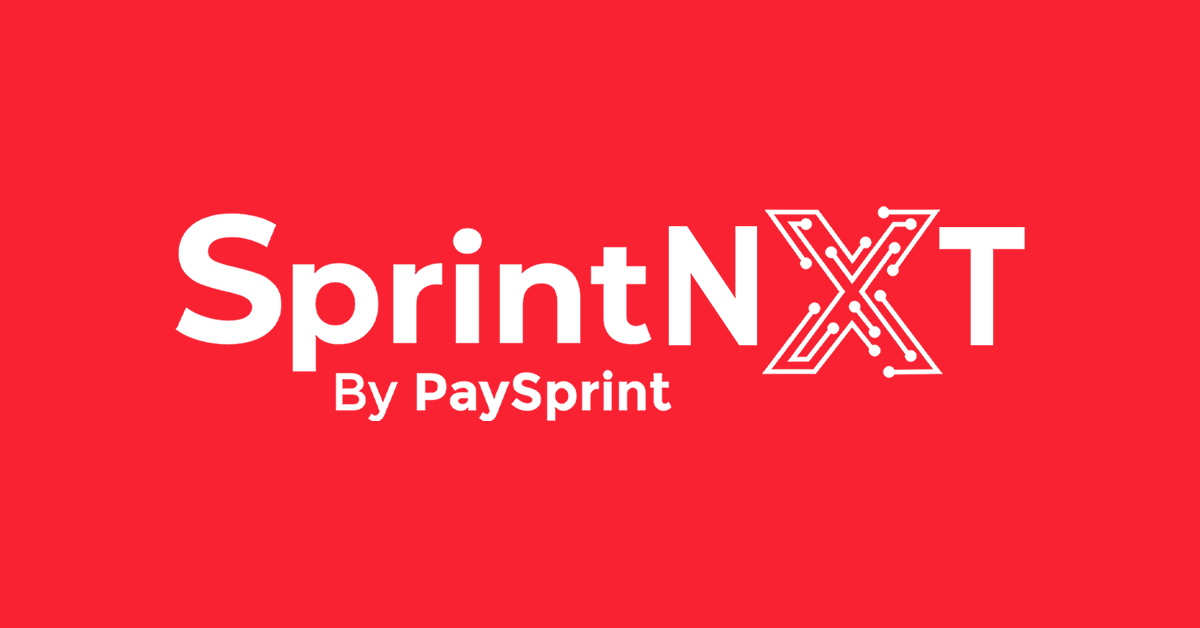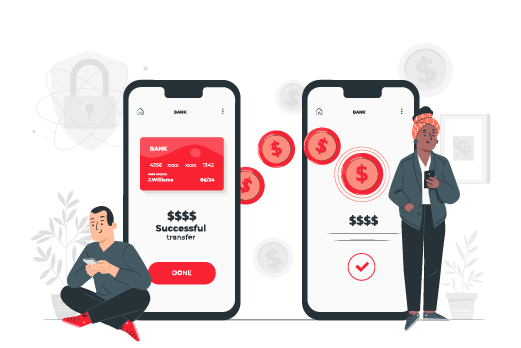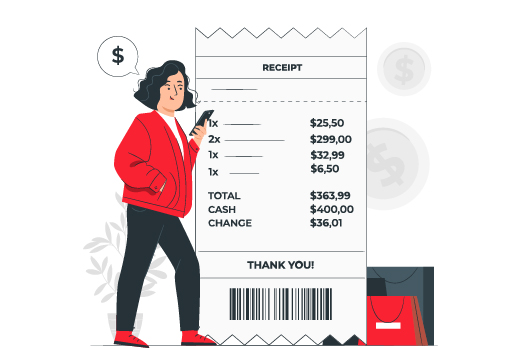Ultimate Guide to Payment Gateways in India: Types, Benefits, and Top Providers
Fintech
Feb 18, 2025

What is a Payment Gateway?
A payment gateway technology allows businesses to accept online payments securely. When a customer purchases an e-commerce site, the payment gateway handles the transaction and securely transfers customer payment information from the merchant to the bank and back. Payment Gateway acts as a bridge between customers, merchants, and banks, ensuring the transaction processes happen smoothly.
Table of Content
• What is a payment gateway in banking?
• The List of Payment Gateway in India 2025
• Types of Payment Gateway
• QR code payment gateway and its types
• Example of Payment Gateway
• How does Payment Gateway work? Step by Step
• How does Payment Gateway ensure information security?
• Benefits of using Payment Gateway for Business
• Conclusion
• FAQs
What is a payment gateway in banking?
In banking, a payment Gateway is a technology that allows businesses to take payments from consumers using credit or debit cards. The phrase refers to the payment processing gateways available in online retailers and the card-reading equipment in physical retail establishments.
The list of payment gateways in India 2025
• Google Pay Payment Gateway:
Users can pay both online and in-store with Google Pay, a digital wallet and payment gateway. It is compatible with the mobile web and Android smartphones, tablets, and watches.
• Razorpay Payment Gateway:
Razorpay is an online payment gateway. With Razorpay's Payment Suite, which supports Netbanking, Credit & Debit Cards, UPI, and more, you can begin accepting payments right away.
• Easybuzz Payment Gateway:
Use Easebuzz to simplify your online payment processing. Get quick and safe digital payment options for your company.
• PhonePe Payment Gateway:
It offers secure, fast, and easy online payments for businesses, supporting UPI, cards, wallets, and net banking with quick settlements and smooth, user-friendly integration.
• PayU Payment Gateway:
PayU makes it possible for companies in India to take digital payments using BNPL, QR, UPI, debit cards, net banking, wallets, and more.
• PayPal Payment Gateway:
PayPal is a worldwide service that transfers money from your credit card to the seller without disclosing your financial data.
There are four types of payment gateways
• Hosted Payment Gateway
• API-hosted Payment Gateway
• Self-hosted Payment Gateway
• Local bank integration Payment Gateway
Hosted payment gateways
A hosted payment gateway is a payment processing solution in which your company's payment system is hosted by a third-party service provider, after which you incorporate it into your mobile application or website.
Simply clicking on a "buy now" link when the customer is ready to buy takes them to the host or payment service provider's (PSP) website.
API-hosted payment gateway
An API-hosted payment gateway allows clients to remain on the merchant's website during the checkout process by processing payments via an Application Program Interface (API).
An API-hosted payment gateway can be connected to several systems, including mobile ones, and provides a completely customizable checkout process. You have total authority over the website's design as a merchant, and you are also in charge of the transactions' overall security.
Investing in resources like SSL certification is necessary to protect sensitive data and guarantee adherence to strict security guidelines like PCI DSS.
A self-hosted payment gateway
One tool that enables companies to efficiently and safely keep complete control over the payment process is a self-hosted payment gateway. The self-hosted strategy guarantees a safe, personalized, and accountable payment experience by allowing merchants to administer and carry out payment transactions directly within their infrastructure.
Businesses may customize and manage the whole checkout process using self-hosted payment gateways to meet their unique needs, including branding and user experience objectives.
In a self-hosted solution, the merchant maintains strong control over the ownership and custody of payment information, including credit card numbers and digital wallet information. This improves data ownership and security while reducing dependency on outside suppliers.
Local bank integration Payment Gateway
To facilitate online payments and ensure smooth, region-specific transaction processing, firms can interface with local banks via a local bank integration gateway. This is essentially a feature-limited entry-level solution that cannot frequently accept refunds or make recurring payments.
QR code payment gateway and its types
QR code payment gateways use static, dynamic, or merchant-specific QR codes to enable fast digital payments. Customers simply scan the QR code using any UPI app and make instant payments. It’s simple, highly affordable, and especially popular with small businesses, retail stores, restaurants, and service providers in India. QR code payment gateways are easy to set up and support a growing cashless economy.
Types of QR code payment gateway
Static QR Code
A Static QR Code is a simple, fixed-code solution with unchangeable details like a UPI ID or bank link. It’s perfect for small vendors, local shops, and donation drives. Customers scan, manually enter the amount, and pay via any UPI app. While affordable and easy to use, it lacks real-time tracking, automation, and customer-specific details. Still, it’s popular for its simplicity and accessibility in digital payment adoption.
Dynamic QR Code
A Dynamic QR Code is a smart, real-time code generated for every transaction. It includes transaction amount, order ID, and customer details. Ideal for restaurants, e-commerce, and high-volume businesses, it improves payment security, traceability, and reporting. The code auto-fills payment details, minimizing errors and enabling GST compliance and order tracking. Dynamic QR codes are essential for businesses seeking automation and granular financial oversight.
Merchant QR Code
A Merchant QR Code is tailored for registered businesses, available in static or dynamic form. Issued by banks, PSPs, or apps like PhonePe, Paytm, BharatPe, it includes business name, Merchant ID, MCC, and UPI/bank details. It ensures KYC, GST compliance, and enables business account settlements. Perfect for formal businesses needing structured payments, merchant transaction history, tax-ready reports, and financial analytics to scale operations.
Quick Comparison Table
Feature | Static QR | Dynamic QR | Merchant QR |
Data Type | Fixed | Modifiable | Either Static/Dynamic |
Amount Editable? | Yes (by user) | No (pre-filled) | Depends on type |
Traceability | Low | High | Medium to High |
Customization | Not possible | Highly customizable | Varies by provider |
Use Case | Small shops | Restaurants, e-commerce | Formal businesses |
Payment Info Captured? | Minimal | Detailed (e.g., invoice) | Includes metadata |
Example of Payment gateway
Enabling safe online transactions requires a payment gateway. This is an illustration of how a payment gateway functions:
1. Customer Product Selection:
A customer navigates to an e-commerce platform and chooses items for purchase.
2. Checkout Procedure:
By clicking on the “Checkout” button, the customer is required to input their payment details, opting for any payment gateway as the payment processor.
3. Redirect to Payment Gateway:
The customer is redirected to a secure payment page, where they enter their payment details, such as credit card information or UPI ID.
4. Transaction Confirmation:
Following authorization, the customer receives a confirmation notification, and the transaction details are securely relayed back to the merchant.
How does Payment Gateway work?
A payment gateway is essential for enabling secure and efficient online transactions. Additional advantages of using a payment gateway include increased customer confidence, simplified international transactions, and round-the-clock payment capabilities.
By incorporating HDFC Bank Payment Gateway, businesses can broaden their customer reach and establish a secure platform for receiving online payments.
How does Payment Gateway ensure information security?
A payment gateway safeguards the information you provide by utilizing sophisticated encryption methods. With a solid grasp of what a payment gateway entails and its operational mechanisms, let us examine the essential strategies it employs to ensure the security of your data:
• HTTPS Protocol:
Transactions conducted through payment gateways utilize HTTPS, which guarantees that all data exchanged online is encrypted and secure.
• Transaction Validation:
A hash function is employed to validate transaction requests, utilizing a secret key that is known solely to the merchant and the payment gateway, thereby ensuring the integrity of the data.
• IP Address Verification:
The IP address of the server making the request is authenticated to identify any potential malicious activities, thereby enhancing the security of the payment process.
• Virtual Payer Authentication (VPA):
Endorsed by acquirers, issuers, and payment gateways, VPA is an integral component of the 3-D Secure protocol, providing an additional layer of authentication for online transactions, thus protecting both buyers and sellers.
Benefits of using Payment Gateway for Business
• Protection:
Payment gateways protect against data breaches and fraudulent activity by facilitating safe transactions.
• Consumer Confidence:
Security is infused via a payment gateway. Customers are more confident in the brand when they are aware of the payment gateway. This acknowledgment can organically foster confidence, enabling clients to buy goods or services without worrying about fraud or data theft.
• Worldwide Presence:
With this feature, retailers may connect with clients throughout the world and expand their company horizons. Among the advantages that payment gateways offer are multi-currency transactions, which enable companies to take payments from customers around the world.
• Various Methods of Payment:
Offering a wide range of payment options, including digital wallets, UPIs, net banking, debit cards, and credit cards, gives clients a lot of options.
• Quicker Transactions:
Payment gateways greatly increase conversion rates and reduce cart abandonment by enabling quick authorization and settlement of payments.
• Accessibility Simplified:
The majority of platforms have advanced dashboards that allow for thorough monitoring and control of the complete payment procedure.
Real-time data is available to users so they can quickly resolve any issues. For example, restocking can be started right away to avoid stockouts if a certain product is seeing significant sales velocity.
It is also possible to identify operational process inefficiencies.
Conclusion
In today’s fast-paced digital economy, payment gateways play a crucial role in ensuring secure, efficient, and seamless online transactions. By offering multiple payment options, safeguarding sensitive data, and enabling real-time transaction management, they empower businesses to expand globally and build consumer trust. With evolving technologies like QR codes and API-hosted gateways, businesses of all sizes can deliver better payment experiences, drive conversions, and stay competitive in the growing digital marketplace.
FAQs
Q. Can I integrate UPI payments through a Payment Gateway?
Yes — most modern gateways support UPI, enabling seamless, instant, and zero-fee transactions via UPI apps and QR codes.
Q. How long does it take to settle payments through a gateway?
Settlement time varies by provider, but most offer daily, real-time, or T+1 settlements directly into the business’s bank account.
Q. Do Payment Gateways charge transaction fees?
Yes — gateways usually charge a small percentage or flat fee per transaction. UPI transactions often have zero or minimal fees, depending on the provider.
Q. What is PCI-DSS compliance, and why is it important?
PCI-DSS (Payment Card Industry Data Security Standard) is a global security standard ensuring safe handling of cardholder information. Payment gateways must comply with it to securely process, store, and transmit card data.
Q. What is tokenization in Payment Gateways?
Tokenization replaces sensitive payment details like card numbers with a secure, unique token. This protects customer data during and after transactions, reducing the risk of data breaches.
Q. How do businesses track transactions made via Payment Gateways?
Payment gateways offer detailed dashboards, transaction histories, settlement reports, and real-time analytics to help businesses monitor and manage all payment activity.



















